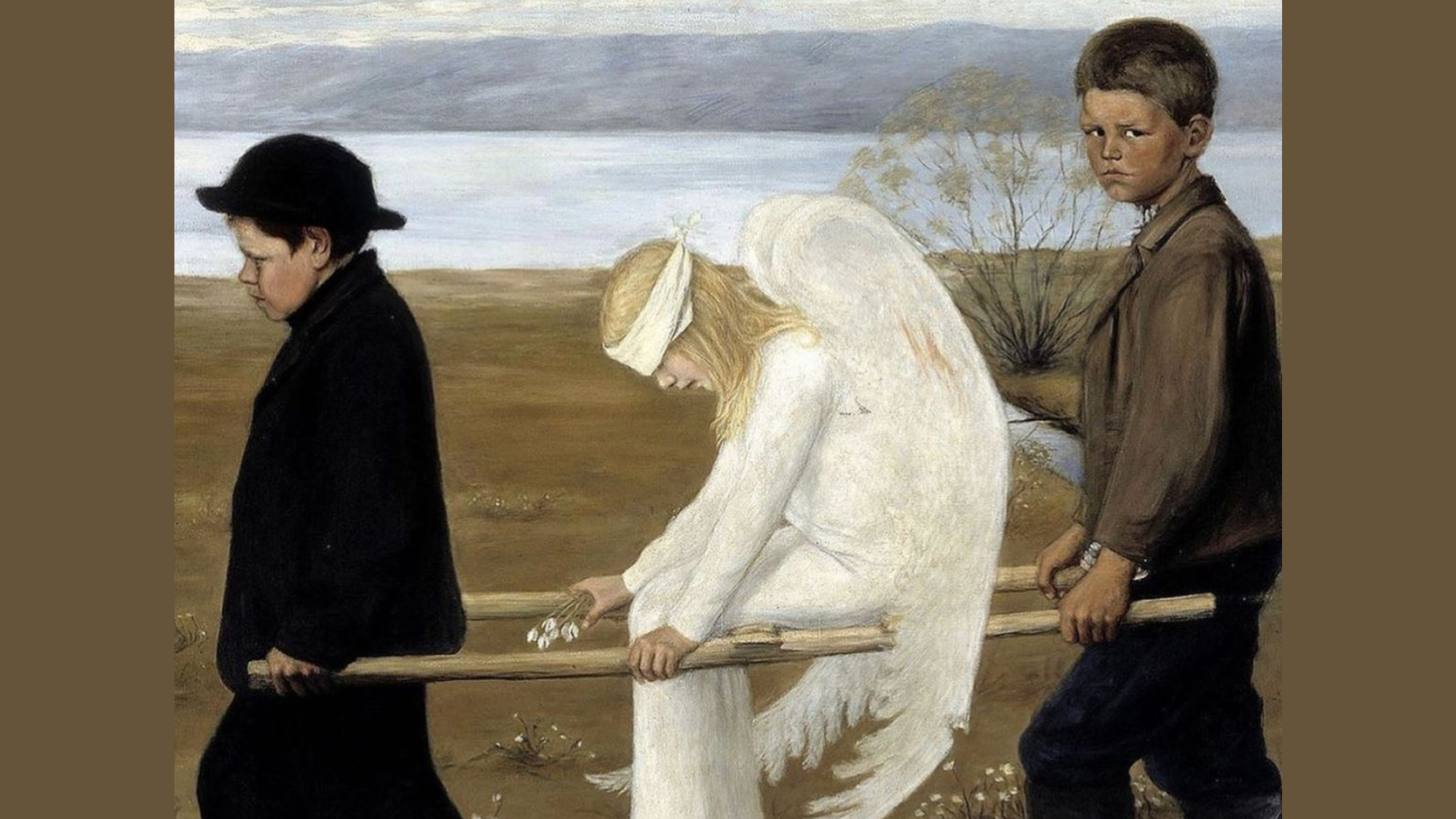

This social skill will save your relationships (4 mins read)
"I can handle your telling me
what I did or didn’t do.
And I can handle your interpretations,
but please don’t mix the two.
If you want to confuse any issue,
I can tell you how to do it:
Mix together what I do with how you react to it.
Tell me that you’re disappointed with the unfinished chores you see,
But calling me “irresponsible” is no way to motivate me.
And tell me that you’re feeling hurt when I say “no” to your advances,
But calling me a frigid man won’t increase your future chances.
Yes, I can handle your telling me what I did or didn’t do,
And I can handle your interpretations, but please don’t mix the two."
- Marshall B. Rosenberg
When you combine your observations of other people with evaluations, they hear criticism and resist what you're saying.
And the more they hear criticism, the more your relationship will suffer. The more they resist what you're saying, the more powerless you'll feel.
So what do we mean by evaluations?
Evaluations are static generalisation of another person or situation.
For example:
- You're always late
- You complain all the time
- You're so arrogant
- Jessica is such a cry baby
- This is scary
- James procrastinates
Observations, on the other hand, are simple accounts of an event or person that are as close to the truth as possible.
For example (to change the above examples):
- The last 3 times we arranged to go out you arrived late
- My mum called me and spoke about how dirty her house is 3 times
- When you explained your point to me, you asked me 4 times "how do you not know this already?"
- I saw Jessica yesterday and she said she doesn't want to work her job anymore
- I feel fear
- James studies the night before exams
Relationships become stifled when one or more person evaluates the other; labelling the other person so they become cemented into a static reality totally separate from the truth.
Why is this harmful?
Because human beings and communication cannot be fixed into static generalisations. Instead, they're fluid, flexible, ever changing and flowing streams of life.
To evaluate a human being is like digging up a plant from a garden and placing it inside a cardboard box, ending it's growth.
To evaluate is to kill.
Not to mention, most evaluations are not true.
Analysis, judgments, labelling, name calling are all forms of evaluating.
More specifically, evaluations are formed in 7 ways...

The bottom line...
To protect your relationships, the growth of others and your own growth, observe without evaluating as much as possible.
How can you do so?
Ask yourself; "am I interpreting this person/situation through the lens of truth or through the lens of my emotions?"
If truth, you're observing.
If emotions, you're evaluating.
- "She's so jealous" becomes "when I spoke about my ex, she asked me about my feelings towards her now."
- "You're such a cheap skate" becomes "when we went out last Friday, you chose the cheaper restaurant option."
- "My country is such a shit hole" becomes "for the last 7 days it's rained." (lol sorry not sorry UK although atm it's sunny af).
Also asking "am I evaluating or observing right now?" can be a good way to check.
"Observing without evaluating is the highest form of intelligence." - Jiddu Krishnamurti
And remember; sometimes you'll forget to observe. Your emotions will be heated and you'll evaluate. You're human after all.
But more often than not, observe.
On a personal level, apply the same principle to yourself; when you notice your self-talk is evaluative, reject it. Refuse to evaluate yourself and instead observe.
For example:
- I'm such a lazy piece of shit = evaluation ❌
- I woke up at 10am today and scrolled on my phone before I did anything else = observation ✅
- I always mess things up = evaluation ❌
- I asked a stranger for her number and she said no = observation ✅
Go deeper...
Read these sentences one by one and decide whether it's an evaluation or observation.
- John was angry with me yesterday for no reason.
- Yesterday Nancy but her fingernails while watching TV.
- Sam didn't ask for my opinion during the meeting.
- My father is a good man.
- Janice works too much.
- Henry is aggressive.
- Pam was first in line everyday this week.
- My son often doesn't brush his teeth.
- Luke told me I don't look good in yellow.
- My aunt complains when I talk to her.
- How did you get on?
- Any you struggled with?
Here are the answers and explanations from Marshall B. Rosenberg, the author of non violent communication (where I learned this principle from)...
"John was angry with me yesterday for no reason."
I (Marshall) consider “for no reason” to be an evaluation. Furthermore, I consider it an evaluation to infer that John was angry. He might have been feeling hurt, scared, sad, or something else. Examples of observations without evaluation might be: “John told me he was angry,” or “John pounded his fist on the table.”
"Yesterday Nancy but her fingernails while watching TV."
Observation
"Sam didn't ask for my opinion during the meeting."
Observation
"My father is a good man."
I consider “good man” to be an evaluation. An observation without evaluation might be: “For the last twenty-five years, my father has given one-tenth of his salary to charity.”
"Janice works too much."
I consider “too much” to be an evaluation. An observation without evaluation might be: “Janice spent more than sixty hours at the office this week.”
"Henry is aggressive."
I consider “aggressive” to be an evaluation. An observation without evaluation might be: “Henry hit his sister when she switched the television channel.”
"Pam was first in line everyday this week."
Observation
"My son often doesn't brush his teeth."
I consider “often” to be an evaluation. An observation without evaluation might be: “Twice this week my son didn’t brush his teeth before going to bed.”
"Luke told me I don't look good in yellow."
Observation
"My aunt complains when I talk to her."
I consider “complains” to be an evaluation. An observation without evaluation might be: “My aunt called me three times this week, and each time talked about people who treated her in ways she didn’t like.”
That's all I have to say on observing vs evaluating for now.
So let's finalise with this week's personal realisation...
Virtue is enough:
If you're first able to know your ideals and then live in line with them at each moment, death could come at any moment and you'd willingly dissolve.
Time is not an issue for the person who lives a life of virtue. Time merely becomes the outpouring of his/her philosophy. And its philosophy that makes us better humans. Better friends to others. Better friends to ourselves.
Thank you for reading,
See you in the next one.
Lew
P.s. the weather truly has been sunny in the UK. And I uploaded a full 1hour+ guide on how to set boundaries today. You can give it a watch here:
https://www.youtube.com/watch?v=iN8lxhAkIuA&t=1880s

tHURSDAY'S THERAPY
Join 10,000+ improving their mental health & social skills 1 Thursday newsletter at a time
Happy to have you here!
try refreshing the page and trying again!


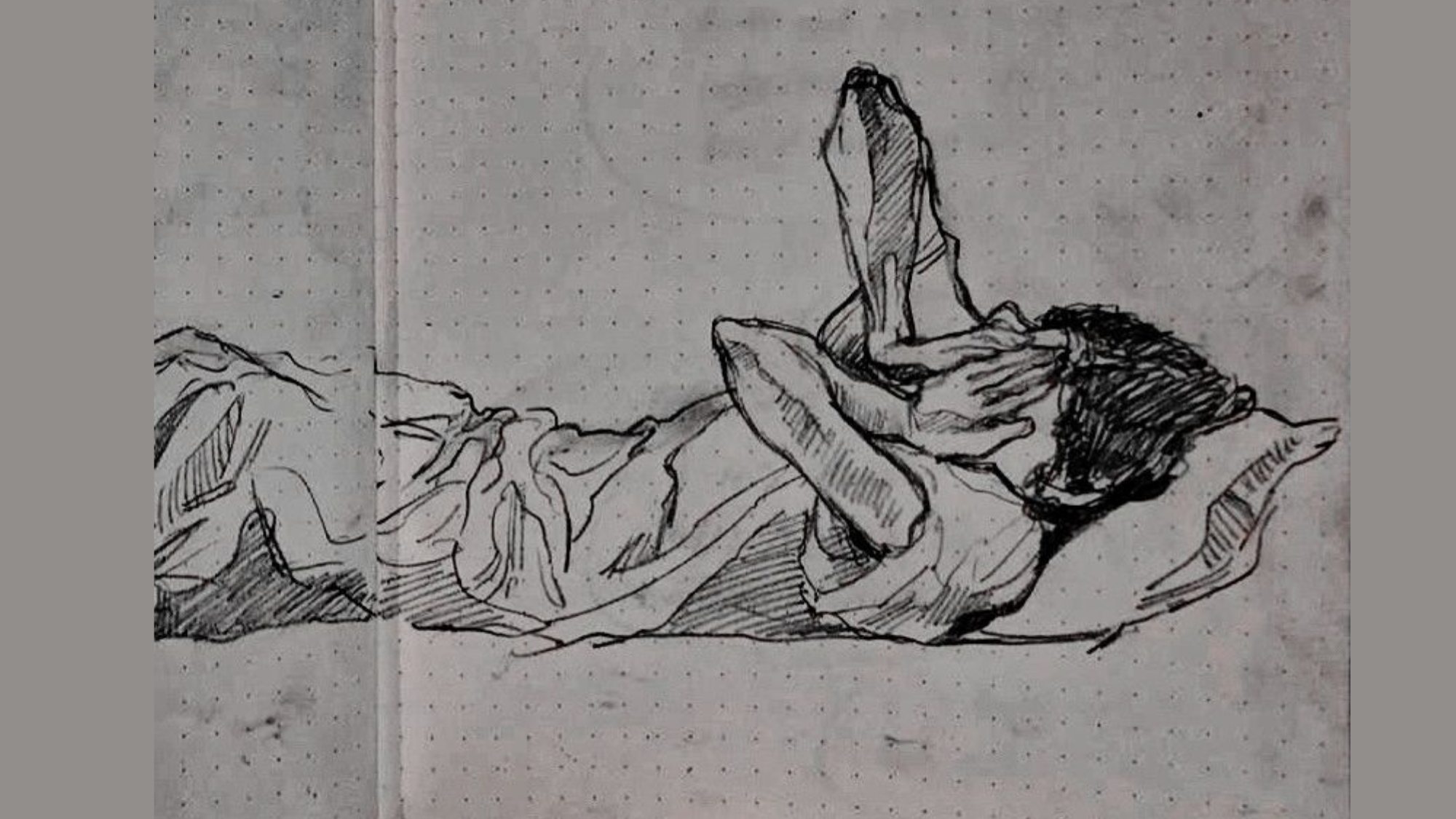
.png)
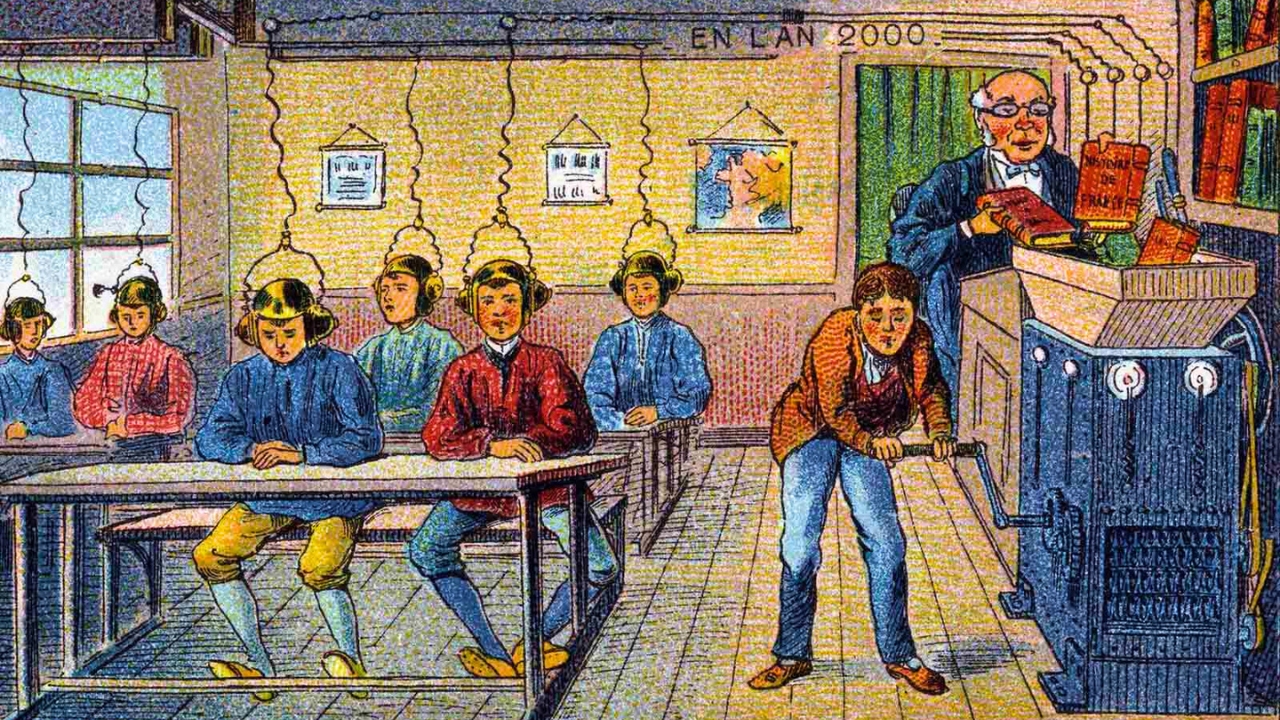
.png)
%20final%20final.png)


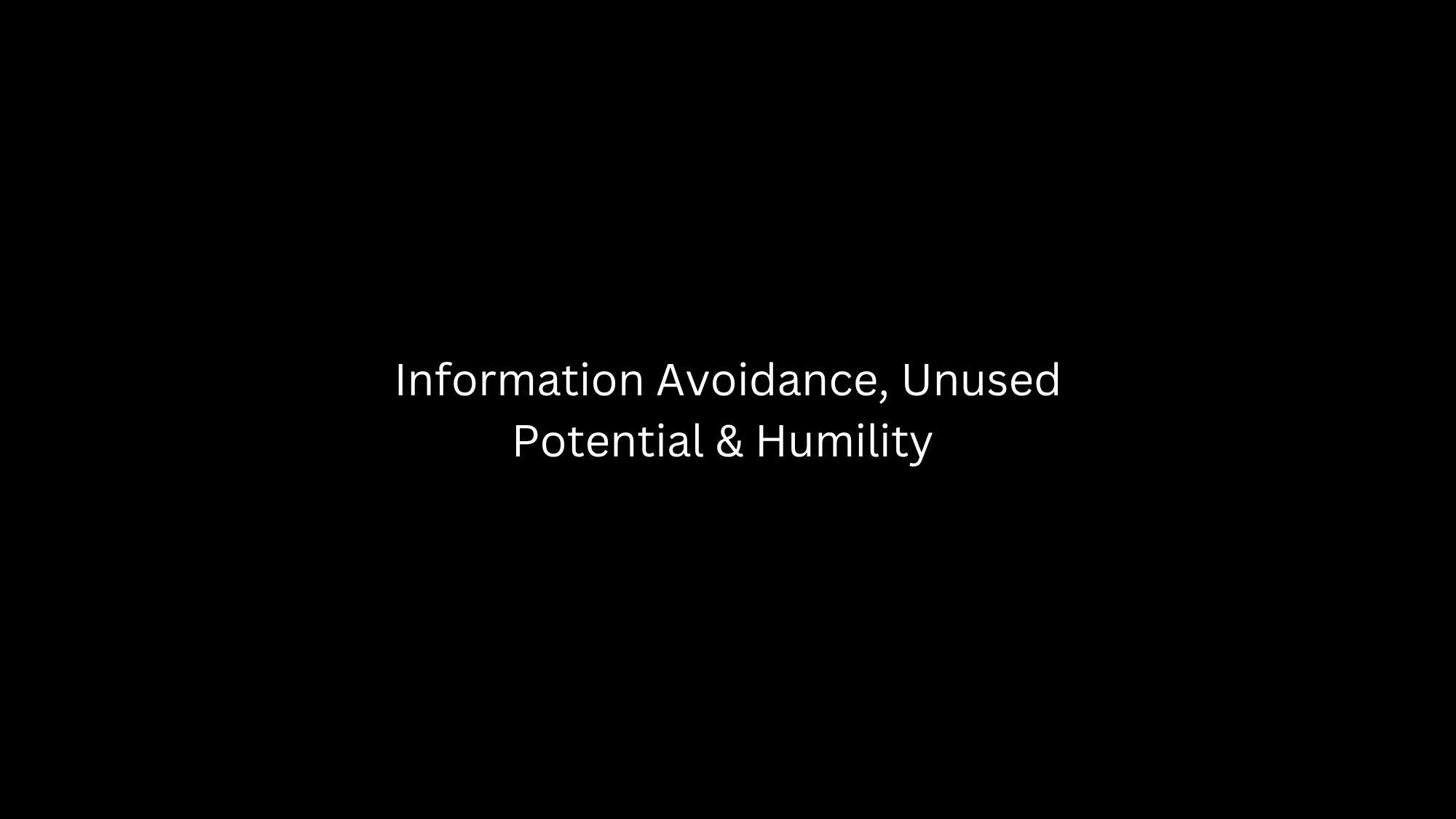
.png)
.png)
.png)
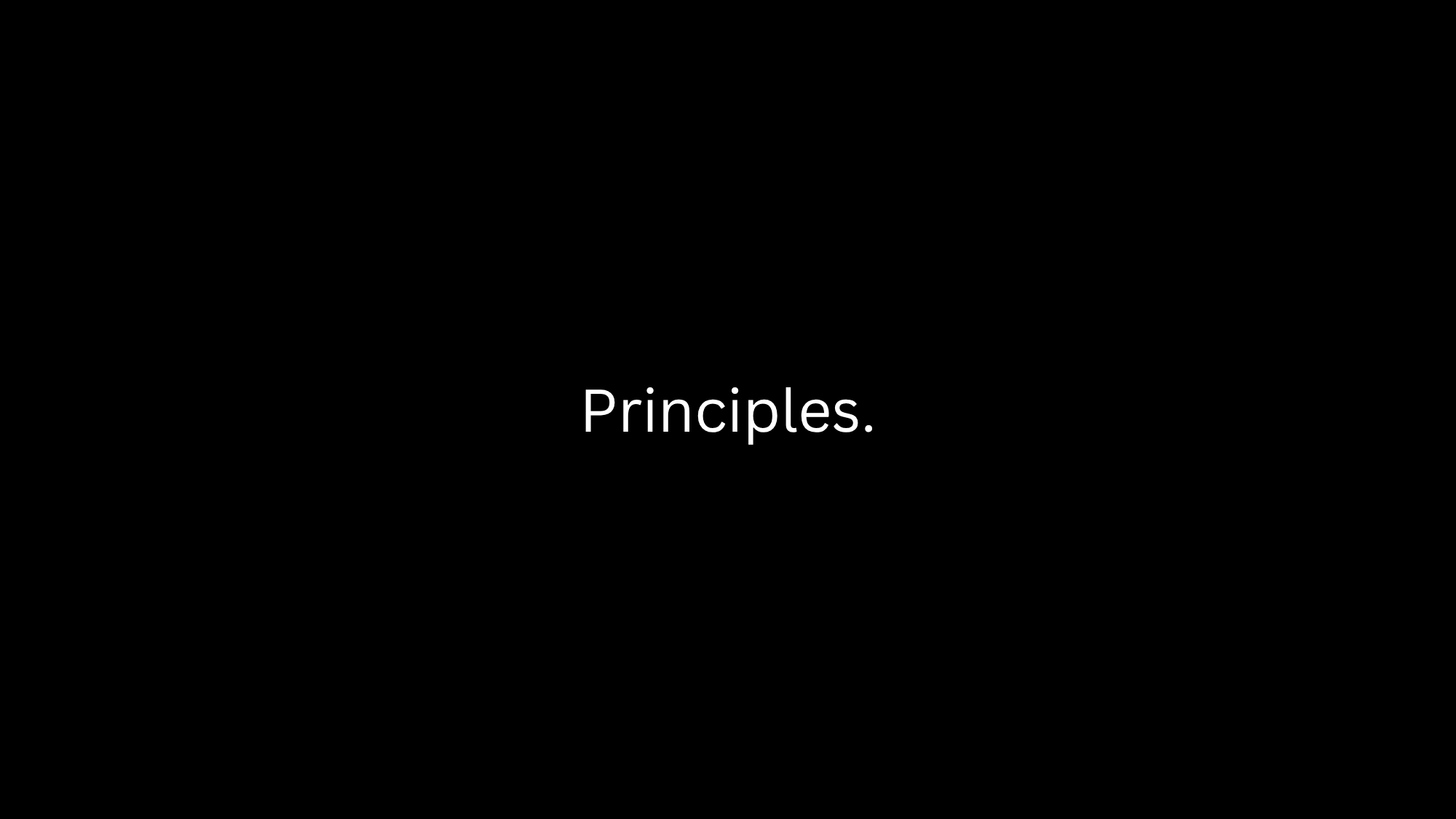
.png)



.png)
